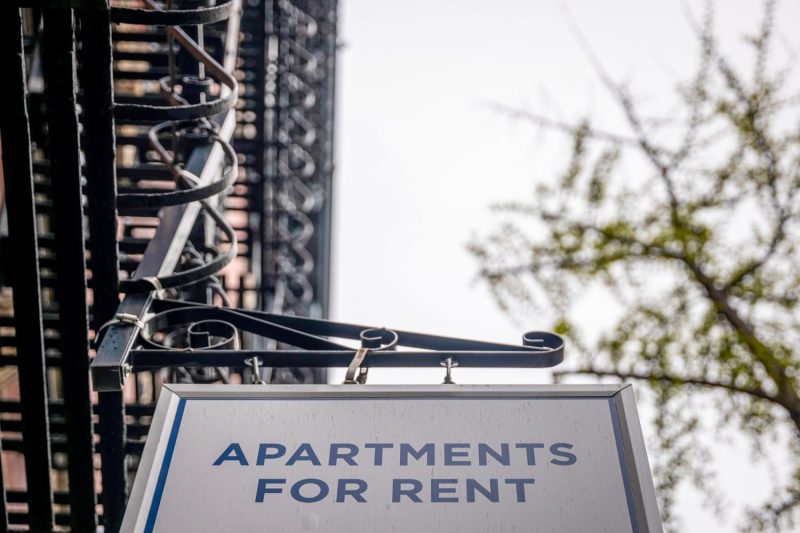
RealPage Facing Legal Battle: Accused of Facilitating Rent Hikes Through Landlord Collusion
The Department of Justice (DOJ) recently filed a lawsuit against real estate software firm RealPage for its alleged involvement in facilitating anticompetitive behavior among landlords, ultimately leading to inflated rental prices. As the legal battle unfolds, the implications for both the real estate industry and consumers could be significant.
The crux of the DOJ’s lawsuit against RealPage revolves around accusations that the company’s software tools enabled landlords to engage in collusive practices, thereby restricting competition and artificially inflating rental rates in certain housing markets. By providing a platform that allegedly allowed landlords to coordinate price-fixing strategies, RealPage is facing scrutiny for its role in potentially distorting the rental market dynamics.
Collusion among landlords to keep rental prices high can have damaging effects on tenants and prospective renters. When landlords fix prices at artificially high levels, it limits affordability and accessibility to housing for many individuals and families, particularly in already tight housing markets. This can exacerbate issues of housing affordability and contribute to socioeconomic disparities in communities.
The DOJ’s lawsuit against RealPage underscores the importance of maintaining fair competition within the real estate sector. By alleging that the software firm facilitated anticompetitive practices that harmed consumers, the legal action signals a commitment to upholding competition laws and ensuring a level playing field for all market participants.
For tenants and renters, the outcome of this legal battle holds potential implications for the future rental landscape. If the allegations against RealPage are proven true, it could lead to greater scrutiny of technology platforms that enable collusion among landlords and prompt regulatory changes to prevent such practices in the future.
Moreover, the case serves as a reminder of the importance of ethical business practices and compliance with antitrust laws. Companies operating in the real estate industry – and across all sectors – must be vigilant in upholding fair competition and avoiding any practices that could harm consumers or stifle market dynamics.
As the litigation progresses, the DOJ’s lawsuit against RealPage will likely prompt discussions on the role of technology in shaping the real estate market and the need for safeguards to prevent anticompetitive behaviors. Ultimately, the outcomes of this legal action will have implications not only for the accused firm but also for the broader real estate industry and the well-being of tenants and renters nationwide.
